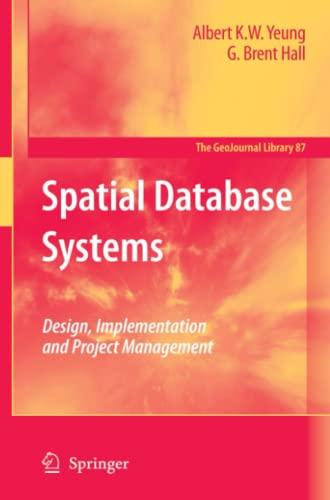Question
JAVA import java.text.DecimalFormat; import java.util.*; import java.io.*; /* * Complete the methods below. * None of the methods should modify the list, unless that is
JAVA
import java.text.DecimalFormat;
import java.util.*;
import java.io.*;
/*
* Complete the methods below.
* None of the methods should modify the list, unless that is the purpose of the method.
*
* You may not add any fields to the node or list classes.
* You may not add any methods to the node class.
*
* You MAY add private methods to the list class (helper functions for the recursion).
*/
public class MyLinked1 {
static class Node {
public Node (double item, Node next) { this.item = item; this.next = next; }
public double item;
public Node next;
}
Node first;
public MyLinked1 () { first = null; }
public boolean isEmpty () { return first == null; }
public void add (double item) {
Node newfirst = new Node (item, first);
this.first = newfirst;
}
/* Constructor to create lists from strings */
public MyLinked1 (String s) {
String[] nums = s.split (" ");
for (int i = nums.length-1; i >= 0; i--) {
try {
add (Double.parseDouble (nums[i]));
} catch (NumberFormatException e) { }
}
}
/* ToString method to print */
public String toString () {
StringBuilder result = new StringBuilder ("[ ");
for (Node x = first; x != null; x = x.next) {
double num = x.item;
if (num % 1.0 == 0) {
result.append (String.format("%.0f", num)); // print integers without decimal
} else {
result.append (num);
}
result.append (" ");
}
result.append ("]");
return result.toString ();
}
// write a function to compute the size of the list, using a loop
// empty list has size 0
public int sizeLoop () {
return StdRandom.uniform (100); //TODO: fix this
}
// write a function to compute the size of the list, using an optimistic, forward recursion
// empty list has size 0
public int sizeForward () {
return StdRandom.uniform (100); //TODO: fix this
}
// write a function to compute the size of the list, using an optimistic, backward recursion
// empty list has size 0
public int sizeBackward () {
return StdRandom.uniform (100); //TODO: fix this
}
// compute the position of the first 5.0 in the list, counting as an offset from the beginning.
// if 5.0 is the FIRST element, the position is 0
// if 5.0 does not appear, return a negative number
// you can write this using a loop or recursion, in any style, but you should only have one loop or recursive helper
public int positionOfFirstFiveFromBeginning () {
return StdRandom.uniform (100); //TODO: fix this
}
// compute the position of the last 5.0 in the list, counting as an offset from the end.
// if 5.0 is the LAST element, the position is 0
// if 5.0 does not appear, return a negative number
// you can write this using a loop or recursion, in any style, but you should only have one loop or recursive helper
// Hint: Use a backward recursion.
// Hint: If the number does not appear, return the distance to the END of the list as a NEGATIVE number.
public int positionOfLastFiveFromEnd () {
return StdRandom.uniform (100); //TODO: fix this
}
// delete the first element
public void deleteFirst () {
// TODO
}
}
Step by Step Solution
There are 3 Steps involved in it
Step: 1

Get Instant Access to Expert-Tailored Solutions
See step-by-step solutions with expert insights and AI powered tools for academic success
Step: 2

Step: 3

Ace Your Homework with AI
Get the answers you need in no time with our AI-driven, step-by-step assistance
Get Started


